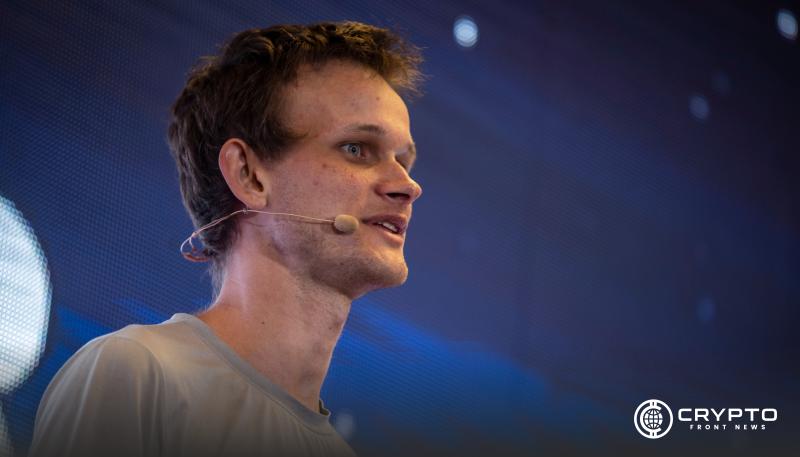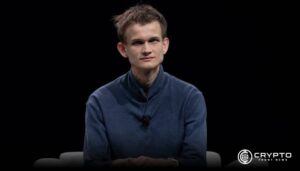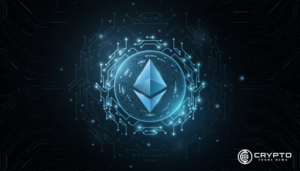- Vitalik Buterin’s registration of “dacc.eth” highlights his push for privacy-focused decentralized network development.
- Ethereum’s ongoing upgrades, like EIP 1559 and Dencun, enhance privacy and functionality, reinforcing its dominance in Web3.
- Buterin’s “defensive accelerationism” directly opposes Silicon Valley’s approach, emphasizing proactive privacy and governance.
Ethereum co-founder Vitalik Buterin is making a more decisive push toward decentralized network development. He has registered a new Ethereum Name Service (ENS) domain, “dacc.eth,” as part of his latest initiative.
The acronym “DACC” stands for “defensive accelerationism,” a concept that directly challenges Silicon Valley’s “effective accelerationism.” Buterin’s movement emphasizes proactive development in key areas such as cybersecurity, privacy protection, and governance.
Buterin’s registration of this domain on August 18 signifies a renewed focus on privacy-related solutions. The domain registration is set to expire on August 18, 2025, marking it as a temporary yet crucial aspect of Buterin’s broader vision. His advocacy for decentralized systems that prioritize user privacy has been evident in his support for tools like Signal and decentralized media platforms like Farcaster.
Buterin’s Vision for Enhanced Blockchain Privacy
Ethereum, while occupying a significant niche in Web3, has yet to focus uniquely on encryption beyond the standard cryptography offered by blockchain protocols. Buterin and other developers recognize the need to enhance Ethereum’s mainnet capabilities. This focus has led to several network upgrades aimed at improving Ethereum’s functionality and privacy.
One notable upgrade is the EIP 1559, which brought stability to gas fees and introduced a deflationary mechanism. This change has made Ethereum more efficient, burning a portion of the fees completely.
Additionally, Ethereum is anticipating the Pectra Upgrade, slated to go live later this year or in early 2025. This upgrade will bring changes to account abstraction, validator operations, and overall network performance.
Ethereum’s Advances Amid Rival Challenges
Ethereum’s continuous development comes as rival protocols like Solana, Cardano, and Avalanche attempt to correct perceived flaws in Ethereum’s system. Solana focuses on reducing transaction costs, Cardano emphasizes decentralization, and Avalanche aims to reduce Time to Finality. However, none have matched Ethereum’s achievements in DeFi and institutional adoption.
Moreover, Ethereum’s Dencun Upgrade has improved Layer 2 scaling solutions, reducing fees by over 90%. These advancements reinforce Ethereum’s position as a leading blockchain network, driven by Buterin’s vision for a more secure and decentralized future.





